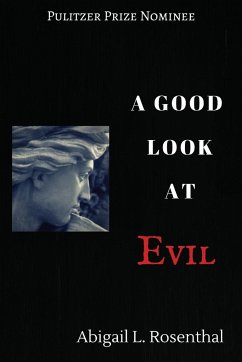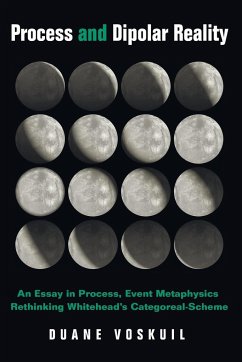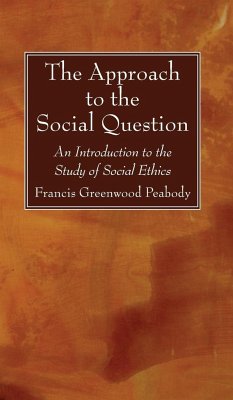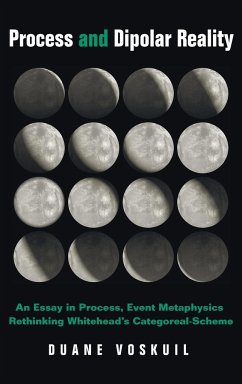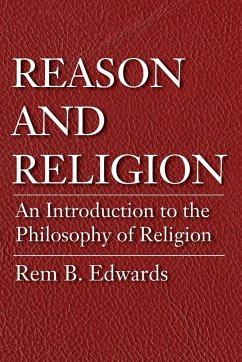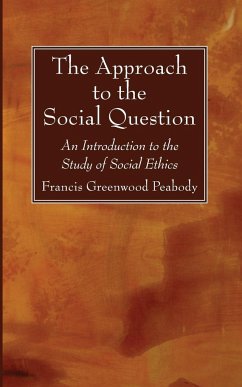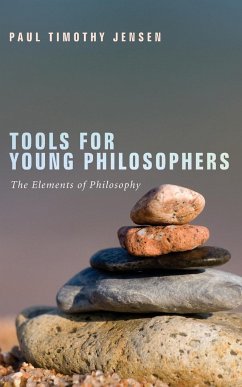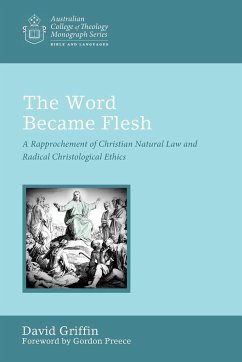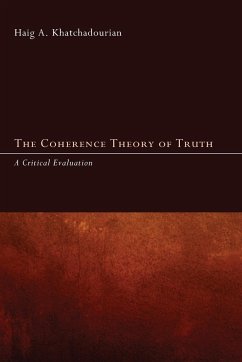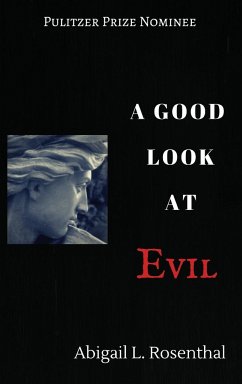
A Good Look at Evil
Versandkostenfrei!
Versandfertig in 1-2 Wochen
41,99 €
inkl. MwSt.
Weitere Ausgaben:

PAYBACK Punkte
21 °P sammeln!
We meet with evil in the ordinary course of experience, as we try to live our life stories. It's not a myth. It's a mysterious but quite real phenomenon. How can we recognize it? How can we learn to resist it? Amazingly, philosophers have not been much help. Despite the claim of classical rationalists that evil is ""ignorance,"" evil-doers can be extremely intelligent, showing an understanding of ourselves that surpasses our own self-understanding. Meanwhile, contemporary philosophers, in the English-speaking world and on the Continent, portray good and evil as social constructs, which leaves ...
We meet with evil in the ordinary course of experience, as we try to live our life stories. It's not a myth. It's a mysterious but quite real phenomenon. How can we recognize it? How can we learn to resist it? Amazingly, philosophers have not been much help. Despite the claim of classical rationalists that evil is ""ignorance,"" evil-doers can be extremely intelligent, showing an understanding of ourselves that surpasses our own self-understanding. Meanwhile, contemporary philosophers, in the English-speaking world and on the Continent, portray good and evil as social constructs, which leaves us puzzled and powerless when we have to face the real thing. Thinkers like Hannah Arendt have construed evil as blind conformity to institutional roles--hence ""banal""-- but evil-doers have shown exceptional creativity in bending and reshaping institutions to conform to their will. Theologians have assigned evil the role of adversary to the divine script, but professing religionists are fully capable of evil, while atheists have been known to mount effective resistance. More than broad-brush conceptual distinctions are needed. A Good look at Evil maps the actual terrain--of lived ideas and situations--showing how to recognize evil for what it is: the perennial and present threat to a good life.





